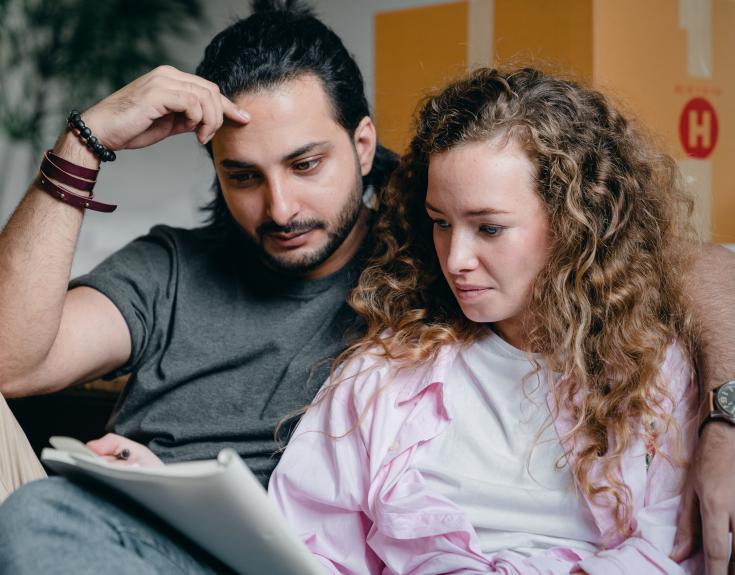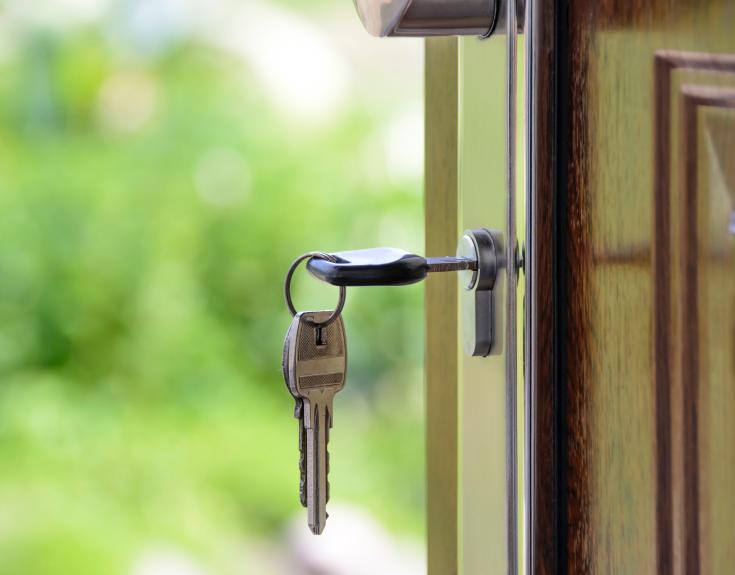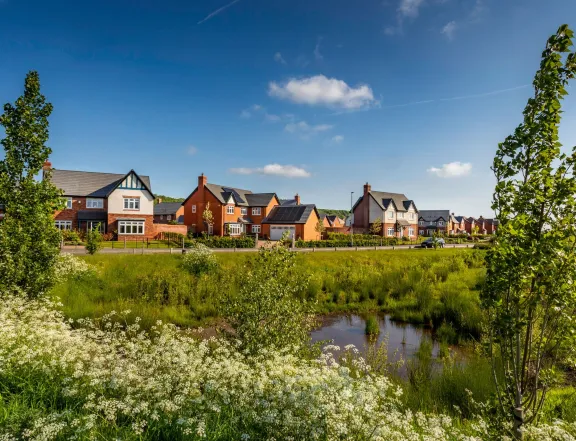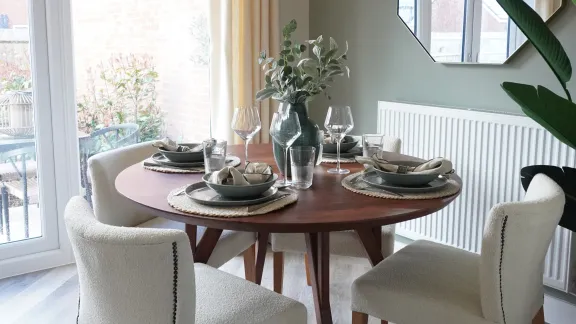Purchasing your first home is an exciting time, but it can be overwhelming too, as you are faced with unfamiliar terms and processes. From searching for the right property to securing a mortgage, there's a lot to learn and consider. In this step-by-step guide, we'll walk you through the basics of buying your first home, how to navigate industry language and mortgage terminology, and make the process of buying your first home easier to understand.
Let’s start with the basics: What is a mortgage?
A mortgage is a type of loan specifically designed to help you buy a home. Instead of paying the full price upfront, you borrow money from a lender (usually a bank or building society) to cover the cost of the property. This borrowed amount is then repaid over a set period, usually between 25 to 30 years, through monthly instalments.
- Setting your budget: how much can you afford?
Before delving into the home-buying process, it's crucial to determine how much you can afford. This involves evaluating your financial situation, considering your income, expenses, and any existing debts. A common guideline is the ‘4x rule’, where your mortgage amount is approximately four times your annual salary. However, lenders will also assess your affordability based on your credit history, employment status, monthly spending, and other financial commitments. We highly recommend speaking to an independent financial advisor, who will help you to determine your genuine affordability.
Getting the right mortgage: Types and rates
We do not receive any commission or financial reward for recommending any financial advisors from our panel and you are able to seek independent advice should you wish to do so.
Mortgages come in various forms. Two primary types you'll come across are ‘fixed-rate’ and ‘variable-rate’ mortgages.
Fixed-rate mortgage: With this type, your interest rate remains constant for a set period; usually two-to-five years. This provides stability, as your monthly payments won't change, even if interest rates rise.
Variable-rate mortgage: Here, your interest rate can fluctuate according to changes in the Bank of England's base rate, or your lender's standard variable rate. While initial rates might be lower, there's a level of uncertainty regarding future payments.
What it means
Interest Rate - The percentage of your mortgage loan that you pay in addition to the loan amount. It's the cost of borrowing money.







